Perry World House Hosts Expert Roundtable On the Margins of the 2025 World Bank and International Monetary Fund Spring Meetings
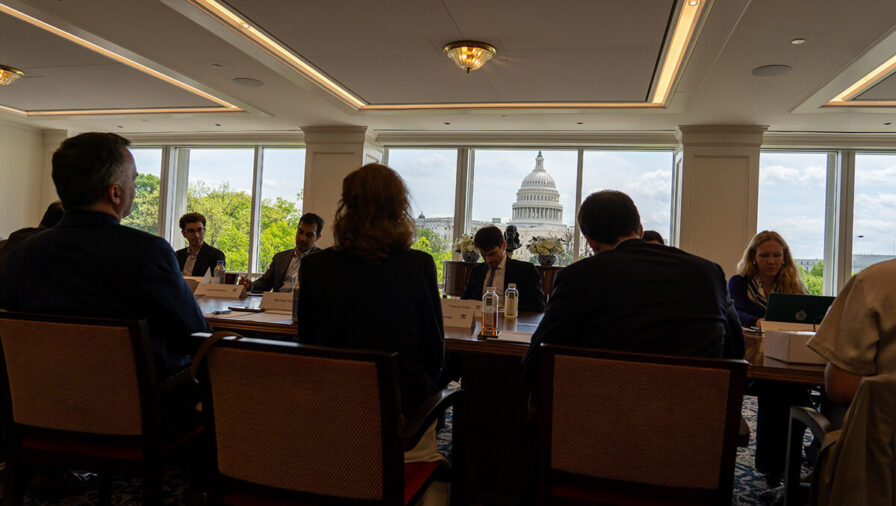
Perry World House in collaboration with the International Peace Institute and United Nations University hosted an expert roundtable discussion on the Road to 1.3T: The Baku to Belém Roadmap. Convened on the margins of the 2025 Spring Meetings of the World Bank Group and the International Monetary Fund, this conversation featured policymakers, academics, and practitioners from an array of institutions. They explored the steps that multilateral institutions, countries, and subnational actors might take to achieve this goal amid significant economic challenges and geopolitical shifts.
COP30 Chief Strategy and Alignment Officer and Perry World House Distinguished Visiting Fellow Túlio Andrade opened the discussion. To meet the climate finance ambitions agreed in Baku, he explained the need to build trust and tangibly link negotiated mandates to policymaking. He highlighted that the COP30 Presidency is eager to hear from a wide range of voices, including those not traditionally part of climate discussions. He emphasized that tackling climate change will mean addressing current needs while also planning for the future. Andrade encouraged participants to connect the economics of risk with climate science. He also highlighted that solutions can be scaled, especially by advancing digital public infrastructure.
One panelist pointed out that while the scale of climate change impacts is obvious, the financial needs are not until the discussion becomes more concrete. For example, mitigation projects generate revenue and should be able to attract private investment that multilateral development banks can help derisk.
Experts also explored how to bring global finance for energy transition and resilience to localities, noting that subnational actors were important authorities on climate action. Cities are where most people live and work, they are large greenhouse gas emitters, and they are, by necessity, innovators driving adaptation and energy transition. Experts noted that granular data could help align global financial flows to local needs, as illustrated by the work of several multilateral lending institutions including the Inter-American Development Bank, World Bank and International Finance Corporation.
Challenges to scaling subnational finance remain, however, including that the financial system was built for countries not cities, many cities struggle with credit worthiness at sufficient scale, and some cities may lack the technical capacity needed to develop bankable projects. This latter point indicated an important gap multilateral banks could fill, along with scaling up relevant trust funds for subnational actors.
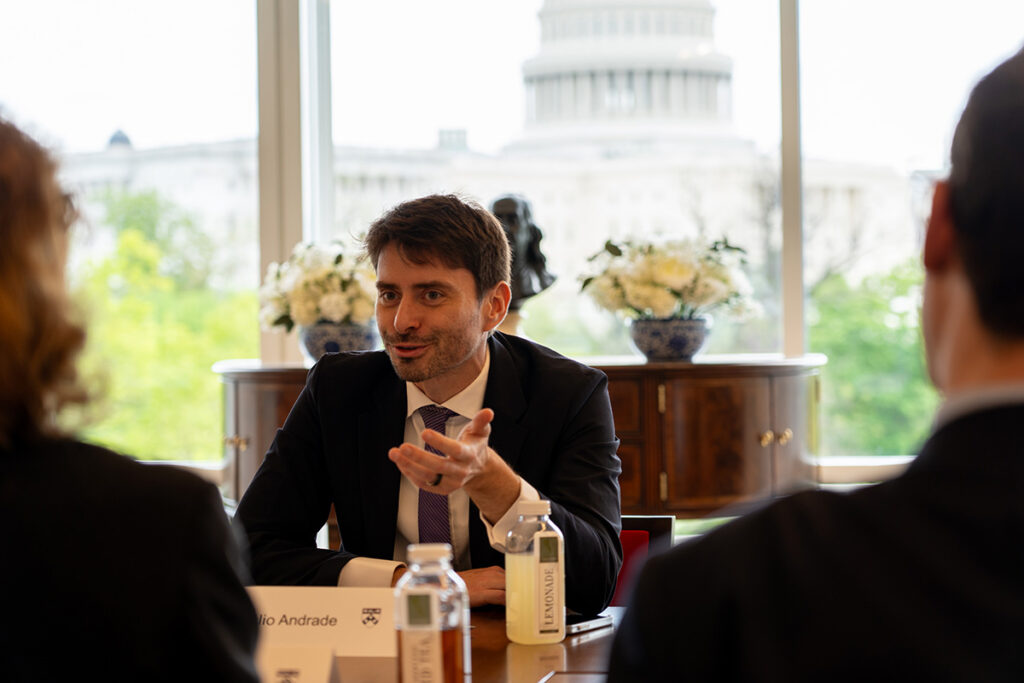
COP30 Chief Strategy and Alignment Officer and Perry World House Distinguished Visiting Fellow Túlio Andrade delivering opening remarks.
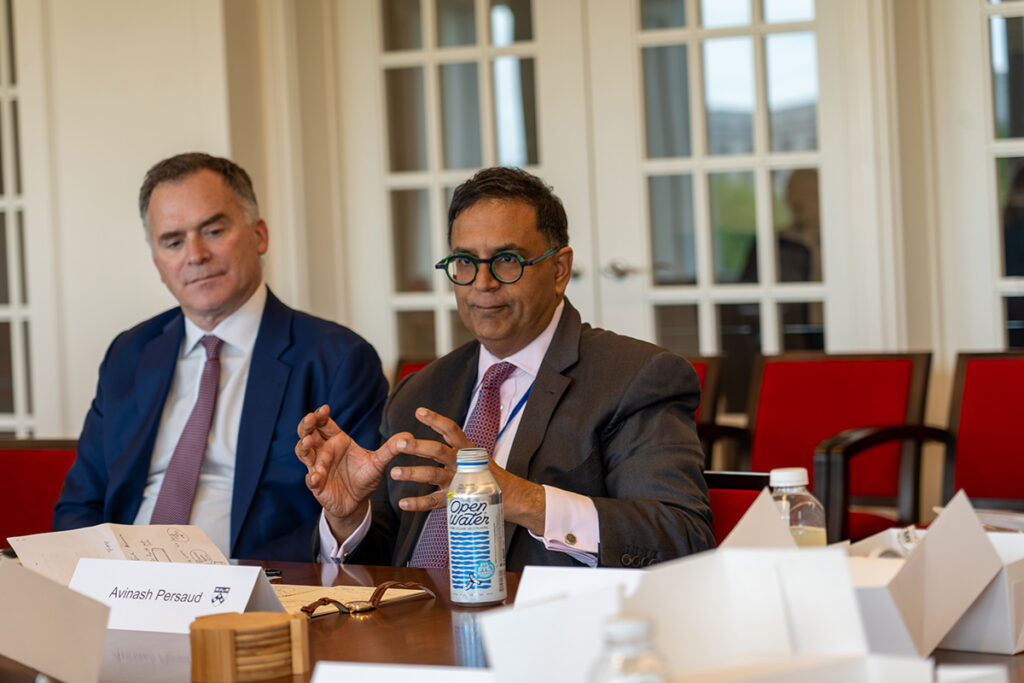
Economist and former Perry World House Visiting Fellow Avinash Persaud participating in the roundtable discussion.
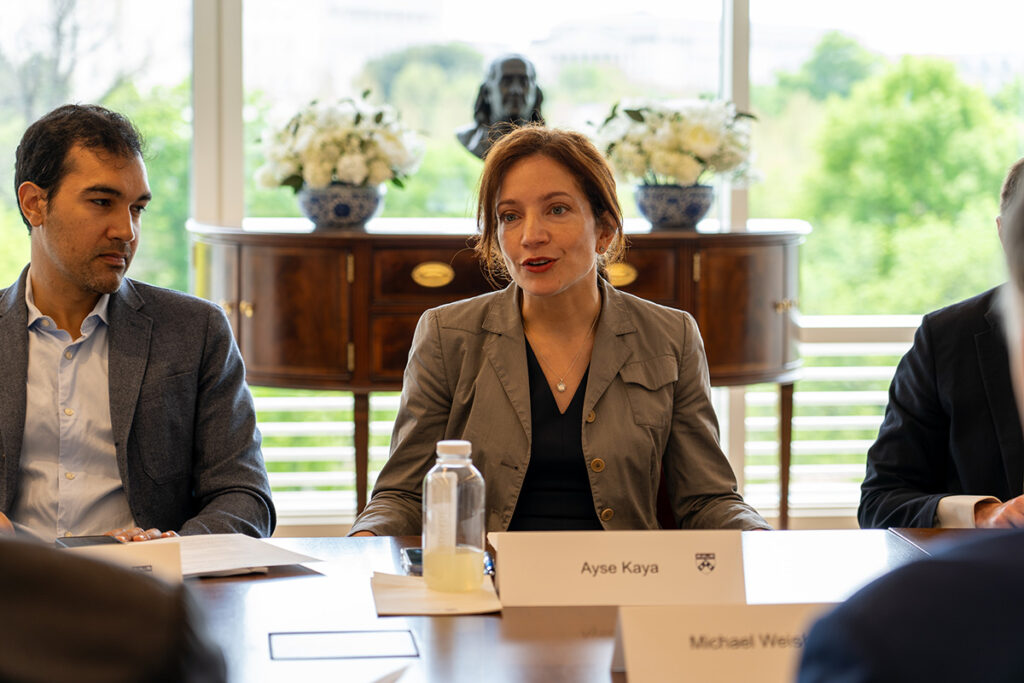
Former Perry World House Visiting Fellow Ayse Kaya of Swarthmore College delivering her remarks.
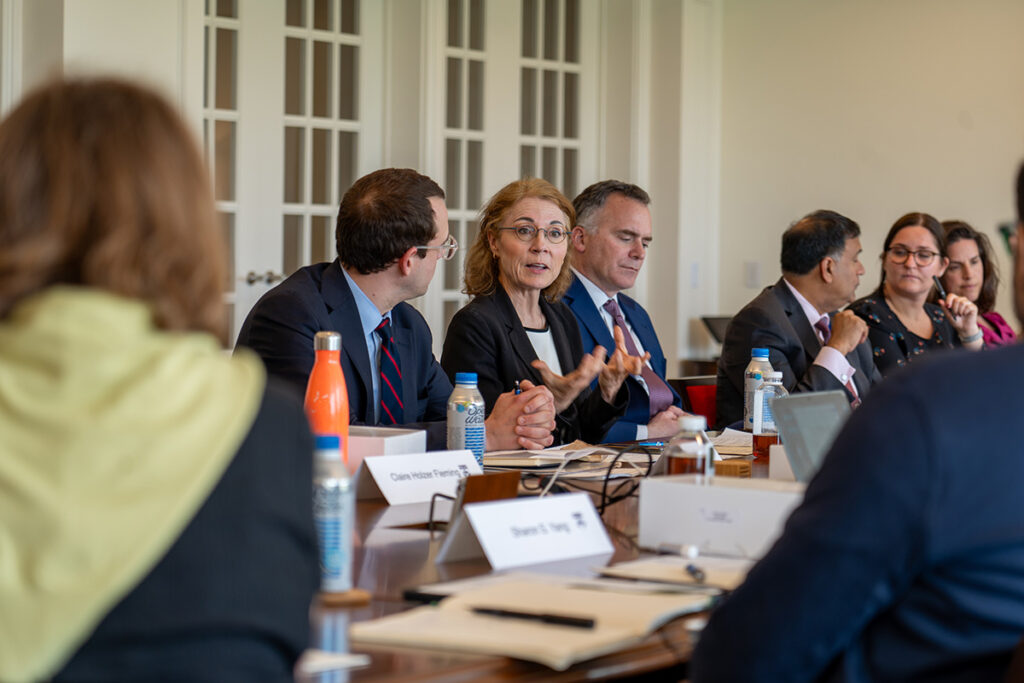
Perry World House Non-Resident Senior Advisor Koko Warner discussing her paper on climate finance modalities coauthored with former Perry World House postdoctoral fellow Michael Franczak.
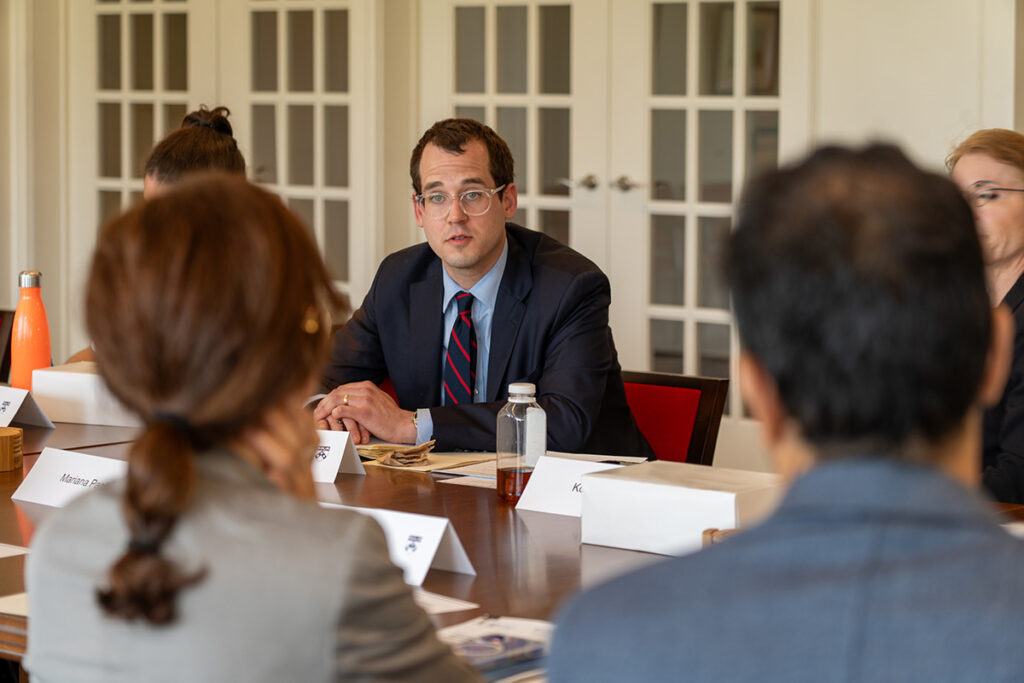
Former Perry World House postdoctoral fellow Michael Franczak discussing his paper coauthored with Perry World House Non-Resident Senior Advisor Koko Warner.


